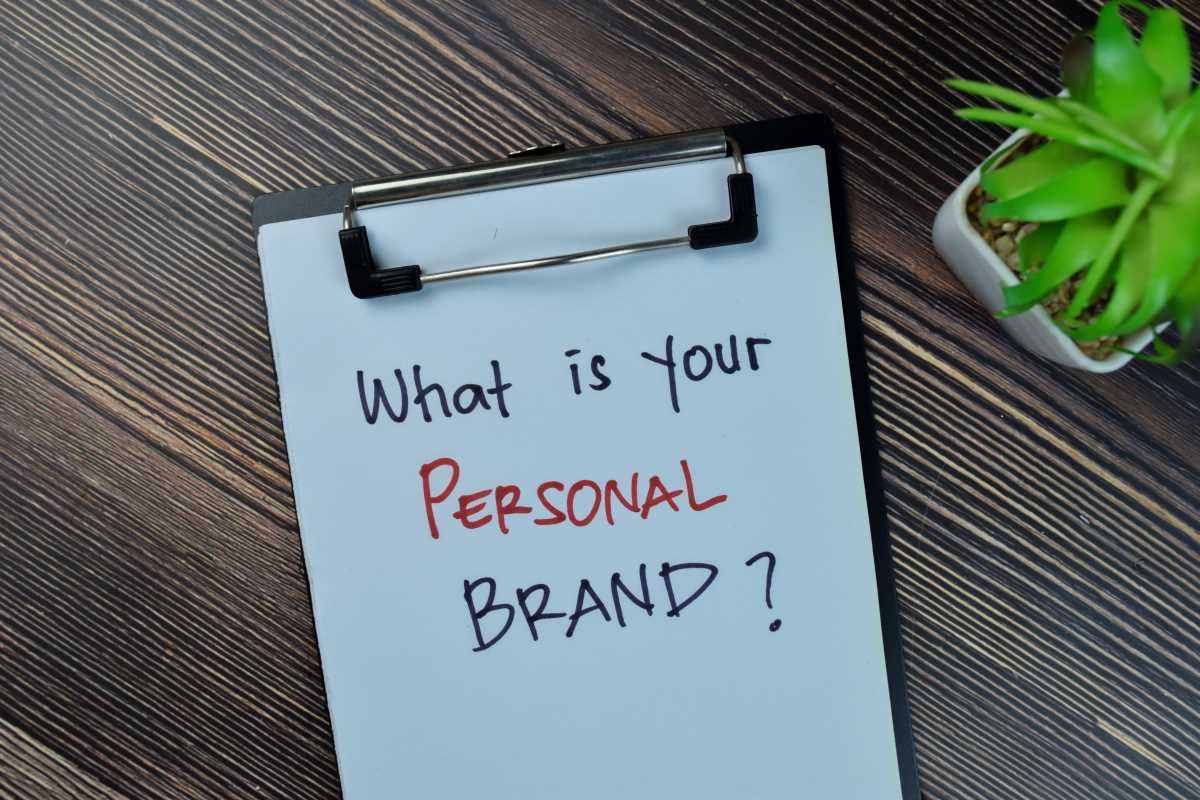Imagine having a secret map for your career journey, drawn by someone who has already explored the territory. What if you could get insider advice, uncover hidden job opportunities, and build relationships with professionals in your dream field, all without the pressure of a formal job interview? This is the power of the informational interview. It’s a simple, casual conversation where you ask someone about their work, their industry, and their career path. You’re not asking for a job; you’re asking for stories and advice. This low-pressure approach is a game-changer for anyone trying to figure out their next career move. It’s one of the most effective, yet underused, networking tools available, allowing you to gather valuable information and build genuine connections that can set you up for long-term success.
1. The Benefits: Why It's Worth Your Time
Before we get into the "how," let's talk about the "why." The payoff from a few informational interviews can be huge.
- Gain Insider Knowledge: You can read job descriptions all day, but they rarely tell you what a job is really like. An informational interview gives you a peek behind the curtain. You can learn about the day-to-day realities of a role, the company culture, and the biggest challenges and rewards. This firsthand information is priceless when making career decisions.
- Expand Your Network Naturally: This is networking in its most authentic form. You’re building a relationship based on a genuine exchange of information. That person you talk to now knows who you are and what you’re interested in. They become a valuable part of your professional network who might think of you when they hear of an opportunity down the line.
- Discover the "Hidden" Job Market: It’s estimated that up to 80% of jobs are never publicly advertised. They are filled through referrals and internal connections. Informational interviews are your entry point into this hidden job market. Your new contact might tell you about an upcoming opening on their team before it’s ever posted online.
- Get Feedback and Refine Your Pitch: These conversations are a low-stakes way to practice talking about yourself and your career goals. You can get feedback on your resume or your career path from someone who is actually in the industry, helping you to refine your story for when you do have a formal interview.
2. Finding People to Interview
So, where do you find these magical people who are willing to talk to you? You probably have more access than you think.
- Your School's Alumni Network: This is your number one resource. Most universities have alumni databases or LinkedIn alumni tools that let you search for graduates by company, industry, and location. People are almost always willing to help a fellow alum from their alma mater.
- LinkedIn: LinkedIn is a powerful tool for this. Use the search filters to find people who have the job title you’re interested in or work at a company you admire. Look for second-degree connections (people you have a mutual connection with), as a shared contact can be a great way to get an introduction.
- Your Existing Network: Don't forget the people you already know. Tell your friends, family, and former colleagues what you're exploring. You never know who they might know. Your neighbor's cousin might be a graphic designer at Google. You just have to ask.
3. How to Ask for the Interview
This is the step that makes most people nervous, but it doesn't have to be scary. The key is to be polite, professional, and respectful of their time. Email or a LinkedIn message is the best way to reach out.
Your message should include four key things:
- Who you are: Briefly introduce yourself (e.g., a student, a young professional looking to make a change).
- How you found them and why you're reaching out: Mention a shared connection, that you're an alum, or that you admire their work. Be specific.
- The clear, low-pressure ask: Explicitly state that you are looking for advice, not a job. Ask for a brief chat (15-20 minutes) at their convenience.
- Make it easy for them: Offer to work around their schedule.
Example Request Email:
Subject: Question from a fellow [Your University] alum
Dear [Person's Name],
My name is [Your Name], and I'm a recent graduate from [Your University] with a degree in Communications. I found your profile through the university's alumni network on LinkedIn.
I was so impressed by your career path and your work as a [Their Job Title] at [Their Company]. As someone hoping to build a career in public relations, I am trying to learn as much as I can from experienced professionals in the field.
I know you are very busy, but I was wondering if you might have 15-20 minutes in the coming weeks for a brief informational chat. I am not looking for a job, but would be so grateful for any advice you could share about your experience in the industry.
Thank you for your time and consideration.
Best regards,
[Your Name]
[Link to your LinkedIn Profile]
4. Preparing for the Conversation
Once someone agrees to talk to you, it's time to do your homework. You want to show up prepared and make the most of their time.
- Research them and their company: Read their LinkedIn profile thoroughly. Google their name and their company. Understand their career path and what their company does. This will help you ask intelligent questions and avoid asking things you could have easily found online.
- Prepare your questions: This is the most important part. Come with a list of thoughtful, open-ended questions. Your questions should be focused on their experience and advice.
- "Can you tell me about your career path and how you got to where you are today?"
- "What does a typical day or week look like in your role?"
- "What are the most rewarding and most challenging aspects of your job?"
- "What skills do you think are most important for someone hoping to succeed in this field?"
- "What advice would you give to someone just starting out in this industry?"
- "Is there anyone else you think it would be helpful for me to talk to?" (This is a golden question!)
5. During and After the Interview
- Be professional and respectful: Even though it’s a casual chat, this is still a professional interaction. Be on time, dress appropriately (even for a video call), and be mindful of the time limit you agreed upon.
- Let them do most of the talking: Remember, you are there to learn. Listen more than you speak.
- Send a thank-you note within 24 hours: This is non-negotiable. Send a personalized email thanking them for their time and mentioning one specific piece of advice you found helpful. This reinforces your professionalism and makes you memorable.
 (Image via
(Image via





